[Know Tungsten] Energy Coupling of HID Lamps Takes Place via Tungsten Electrodes
- Details
- Category: Tungsten Audio
- Published on Thursday, 26 April 2018 16:01
- Hits: 603
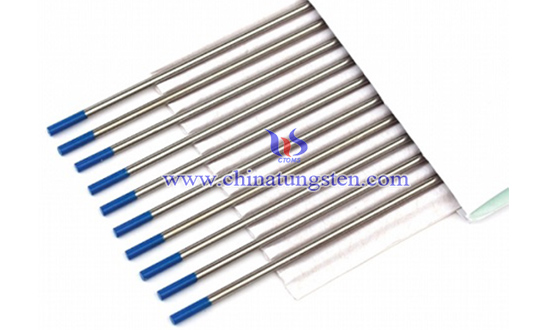
In high intensity discharge lamps (HID lamps) the power dissipation of an electric current passing through a gaseous medium at a pressure greater than or equal to 1 atm is converted into radiation. Much higher radiating temperatures can be achieved than in any incandescent lamp.
[Know Tungsten] Tungsten Coils Produce Electron Emission for Compact Fluorescent Lamps
- Details
- Category: Tungsten Audio
- Published on Thursday, 26 April 2018 16:00
- Hits: 572
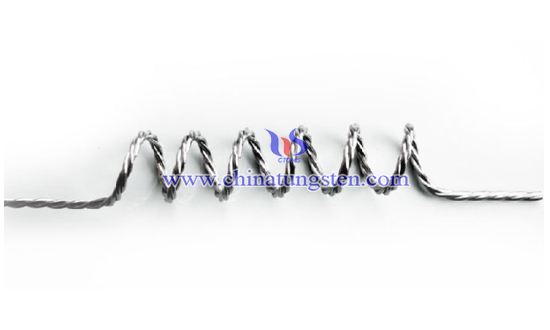
The compact fluorescent light bulb or lamp is a type of fluorescent lamp generally designed as a replacement for incandescent or halogen lamps. There are two major types of compact fluorescent lamp, screw-in and plug-in.
[Know Tungsten] Tungsten Used in Incandescent Lamps
- Details
- Category: Tungsten Audio
- Published on Thursday, 26 April 2018 15:58
- Hits: 593

Tungsten is used in many different types of incandescent lamps. The most common types are the general household lamps (GLS lamps), automotive lamps, reflector lamps for floodlight or projector applications.
[Know Tungsten] Tungsten Is Still an Element of Lighting
- Details
- Category: Tungsten Audio
- Published on Thursday, 26 April 2018 15:57
- Hits: 573
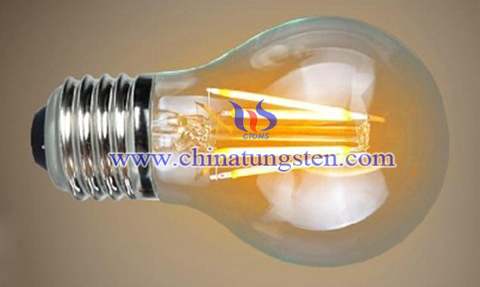
After more than 100 years of use in the different fields of lighting, tungsten filament bulbs have been, and are currently being, replaced by more energy efficient solutions; starting with fluorescent tubes in the late sixties, and finally by compact fluorescent lamps in the middle of the eighties. Only domestic lighting is still a stronghold of filament lamps, simply because of their low initial cost and convenience.
[Know Tungsten] Using Cemented Tungsten Carbide Hardmetal to Produce Synthetic Industrial Diamonds
- Details
- Category: Tungsten Audio
- Published on Thursday, 26 April 2018 15:56
- Hits: 585
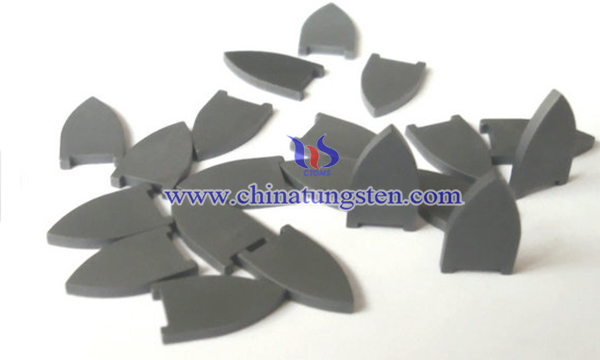
In certain cases, even cemented tungsten carbide hardmetal tools are not sufficiently hard or wear resistant. This is where higher value diamond tools find their application. Many diamond impregnated tools contain tungsten and/or tungsten carbide in the metallic binder to improve their properties and cemented tungsten carbide is also used as the substrate for polycrystalline diamond (PCD) and polycrystalline cubic boron nitride (PCBN) products.
[Know Tungsten] Different Surface Modification Technologies to Against Wear
- Details
- Category: Tungsten Audio
- Published on Thursday, 26 April 2018 15:54
- Hits: 535
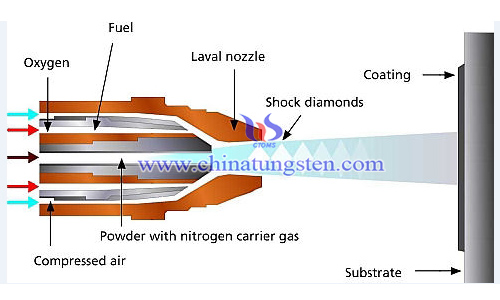
In addition to the use of bulk parts made from cemented carbides, stellites or superalloys, the surfaces of big parts can be protected against wear by different surface modification technologies.
[Know Tungsten] Special Applications of Tungsten: Satellites and Superalloys
- Details
- Category: Tungsten Audio
- Published on Thursday, 26 April 2018 15:52
- Hits: 629
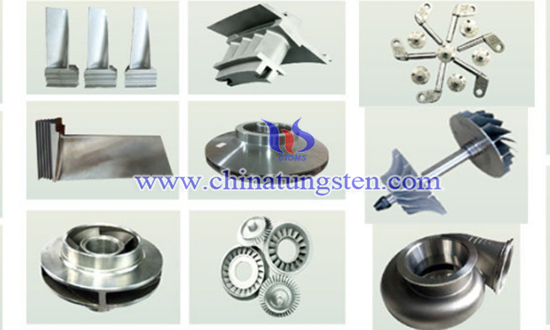
Stellites
Cobalt-chromium-tungsten alloys (also Mo, Ni, Fe, C, Si and B can also be used), frequently called stellites, are a group of wear and corrosion resistant alloys which are used for bearings, valve seats and pistons, mill inliners, and applications where a tough wear resistant material is required. They are applied either by hard facing as welding electrodes or powder spraying, or as massive forms produced by casting.
[Know Tungsten] Tungsten Concentrate Gravity Separation – Rod Mill
- Details
- Category: Tungsten Audio
- Published on Tuesday, 24 April 2018 10:42
- Hits: 562

After artificial beneficiation, tungsten concentrate will enter gravity separation process. Grinding process is coarse grinding. Rod mill is to grind tungsten concentrate for the jigging separation in next step.
[Know Tungsten] Tungsten Concentrate Gravity Separation – Centrifugal Separator
- Details
- Category: Tungsten Audio
- Published on Friday, 30 March 2018 14:24
- Hits: 560

Centrifugal separator, also known as centrifugal chute, it is the use of mineral particle size and density differences in the high-intensity centrifugal force field, can achieve separation of useful minerals and gangue minerals.
[Know Tungsten] Tungsten Used in Steel Production - III
- Details
- Category: Tungsten Audio
- Published on Wednesday, 28 March 2018 15:06
- Hits: 566

Plastic Mould Steel
Such steels have to withstand operating temperatures and pressures as well as corrosive effects of polymers and abrasive effects of fillers as occurring in the plastics processing industry. Long tool life and therefore low cost per plastic part is decisive. Good corrosion resistance and good surface finishing are critical. In particular in the latter regard, tungsten-containing PM steels have entered this market successfully. Plastic mould steels contain up to 1.2% W.


 sales@chinatungsten.com
sales@chinatungsten.com